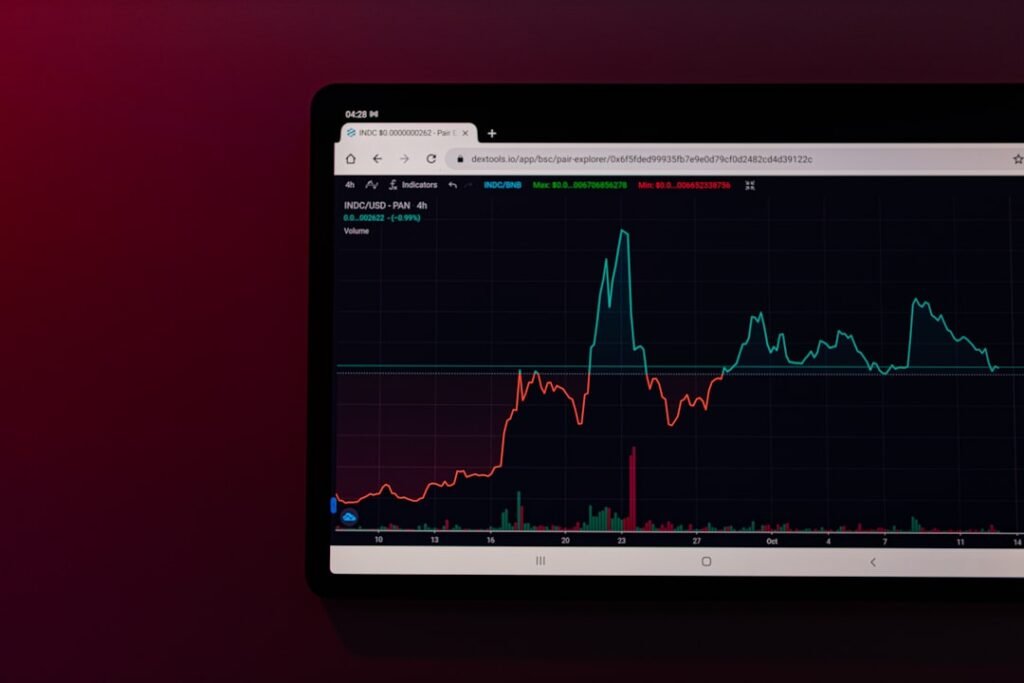Following the successful treasury strategies implemented by Bitcoin and Ethereum, which catalyzed their growth cycles, numerous altcoins are emulating this approach. Solana is now rapidly advancing into institutional adoption, with several major cryptocurrency entities announcing their entry with significant capital reserves and strategically acquired assets. This development is expected to amplify market confidence and capital momentum.
SOL Treasury Strategy Nears Implementation, Featuring Foundation Discounts
Over the past year, the success of treasury companies like those for Bitcoin (e.g., Strategy) and reserve enterprises for Ethereum (e.g., BitMine) has attracted substantial capital inflows. This trend is now extending to the Solana ecosystem, with new SOL Digital Asset Treasuries (DATs) preparing to enter the market.
On August 25, publicly traded company Sharps Technology announced the completion of a PIPE private financing round exceeding $400 million, aiming to establish the world’s largest Solana digital asset treasury. The round saw participation from prominent institutions including ParaFi, Pantera, Monarq, FalconX, Phoenix Capital, RockawayX, and Primitive Ventures. Sharps also signed a letter of intent with the Solana Foundation to acquire $50 million worth of SOL at a 15% discount to its 30-day average price.
Subsequently, reports emerged that Galaxy Digital, Jump Crypto, and Multicoin Capital are in discussions with potential backers to raise approximately $1 billion for SOL acquisition. The plan involves establishing a digital asset management company through the acquisition of an undisclosed public company. Bloomberg reported that Cantor Fitzgerald has been appointed as the lead underwriter, with the transaction anticipated to conclude by early September.
Notably, Galaxy Digital was among the initial purchasers of SOL locked in the FTX estate. The firm previously raised $620 million last year for a fund dedicated to acquiring SOL from FTX’s bankruptcy sales and executed a significant asset swap this year, converting hundreds of millions of dollars worth of ETH into SOL. Jump Crypto and Multicoin Capital are also key supporters of the Solana ecosystem; Jump Crypto actively provides liquidity support, while Multicoin Capital, an early institutional investor, has a portfolio deeply integrated within the ecosystem.
Concurrently, Pantera Capital is orchestrating a plan worth up to $1.25 billion to transform a public company into a Solana investment firm. The fundraising will occur in two phases: an initial $500 million raise, followed by a $750 million supplement through warrant exercises.
As an early investor in Solana, Pantera holds substantial low-cost SOL assets. The firm was previously reported to have invested $250 million in 2024 to acquire a significant volume of SOL from the FTX Estate at a discounted price of $59.95, subject to a four-year vesting period. It also purchased approximately 2,000 SOL tokens from FTX’s bankruptcy auction at $64 per token. Prior to this, Pantera Capital disclosed investments exceeding $300 million in DAT companies, including Sharplink Gaming, Twenty One Capital, DeFi Development Corp, and Sharps Technology.
These strategic moves by key institutional supporters of Solana involve considerable capital and advantageous asset positioning, backed by official support from the Solana Foundation. This positions them to maintain strategic flexibility amid market fluctuations while driving ecosystem expansion and new capital inflows, thereby enhancing Solana’s liquidity and market recognition. However, these institutions hold large volumes of locked SOL, potentially utilizing DATs for liquidity and stock price appreciation, which may introduce certain market risks.
Stock and Token Performance Remains Subdued; Scale and Influence of Acquisitions Insufficient
While the concept of crypto-reserve public companies has fueled speculative fervor, leading to significant surges in the stock prices of many such firms and their associated tokens, the performance of leading Solana reserve companies has been relatively modest. Over the past month, Upexi’s stock price increased by 29.25%, DeFi Development’s decreased by 12.59%, Phoenix Group’s rose by approximately 6.63%, and SOL Strategies declined by 29.25%.
Similarly, SOL’s price performance has been lackluster. Over the past year, SOL has appreciated by only 17.9%, significantly underperforming compared to Bitcoin’s 73.2% and Ethereum’s 62.3% gains during the same period. This performance is notably weaker than during previous meme-driven market exuberance, indicating that existing Solana reserve companies have had a limited impact on boosting SOL’s value.
This situation is primarily attributed to the scale of acquisitions and limited market influence.
Firstly, the acquisition scale of existing Solana reserve companies remains relatively limited, and most are emerging players. Although several public companies have begun implementing Solana strategic reserves, few hold positions exceeding $100 million. Public data indicates Upexi holds over 2 million SOL (valued at over $377 million), DeFi Development holds over 1.42 million SOL (valued at over $267 million), Phoenix Group holds over 630,000 SOL (valued at nearly $119 million), and SOL Strategies holds approximately 401,000 SOL (valued at over $75.597 million). Large-scale acquisition activities and endorsements from renowned institutions typically convey strong market signals, amplifying investor expectations. Essentially, larger capital规模和 higher visibility lead to greater market influence, which can effectively drive token performance.
Secondly, Solana lacks influential figures comparable to Michael Saylor, founder of MicroStrategy in the Bitcoin space, or Tom Lee, Chairman of BitMine’s board for Ethereum. Saylor and Lee possess not only capital strength but also leverage public speaking, media influence, and personal branding to translate institutional strategy into market confidence, creating a replicable investment effect.
Currently, Solana reserve companies lack individuals or institutions with comparable influence and authority, making it difficult to generate a confidence premium. Upexi attempted to enhance its profile by appointing BitMEX founder Arthur Hayes to its advisory board, leveraging his prominence in the crypto community. However, Hayes’s primary influence remains within crypto trading, with limited reputation and resources in traditional capital markets, hindering cross-market leadership. In contrast, Galaxy CEO Mike Novogratz, who successfully led Galaxy’s Nasdaq listing, is viewed as an ideal candidate. With over three decades in traditional finance, including roles at Goldman Sachs and Fortress, Novogratz possesses extensive expertise and a broad network.
Nevertheless, the absence of a dominant ‘MicroStrategy equivalent’ in the Solana reserve market suggests significant narrative potential remains within the ecosystem, likely attracting more institutional investors. Furthermore, the increasing probability of a Solana spot ETF approval is expected to bolster confidence in SOL and related reserve companies, amplifying the positive effects of capital inflows.
Disclaimer: As a blockchain information platform, the views expressed in articles published on this site belong solely to the authors and guests and do not represent the stance of Web3Caff. The information provided in articles is for reference only and does not constitute any investment advice or offer. Readers are advised to comply with the relevant laws and regulations of their country or region.












